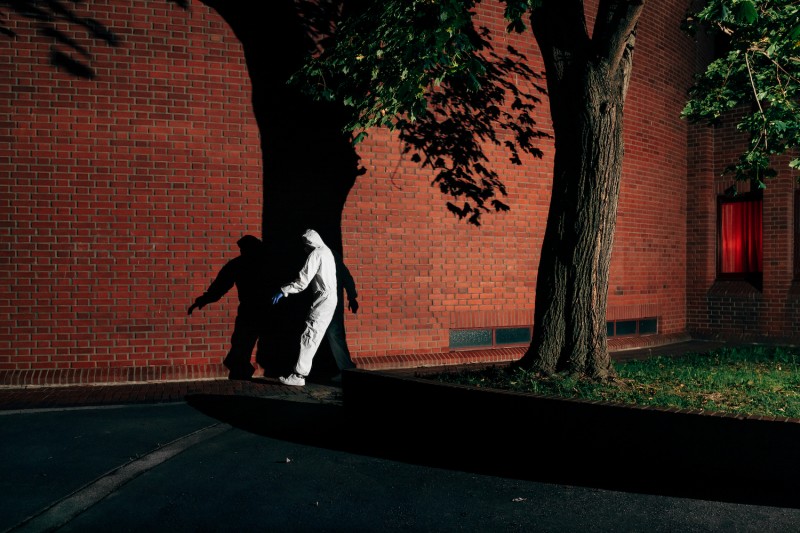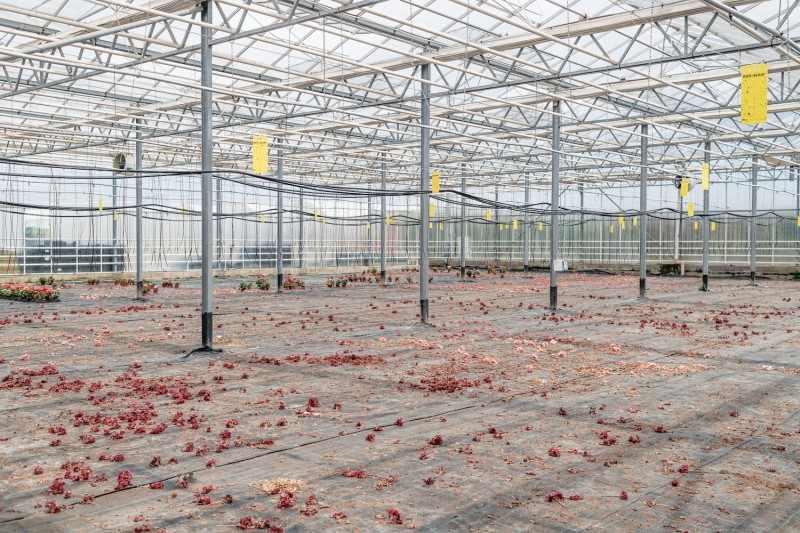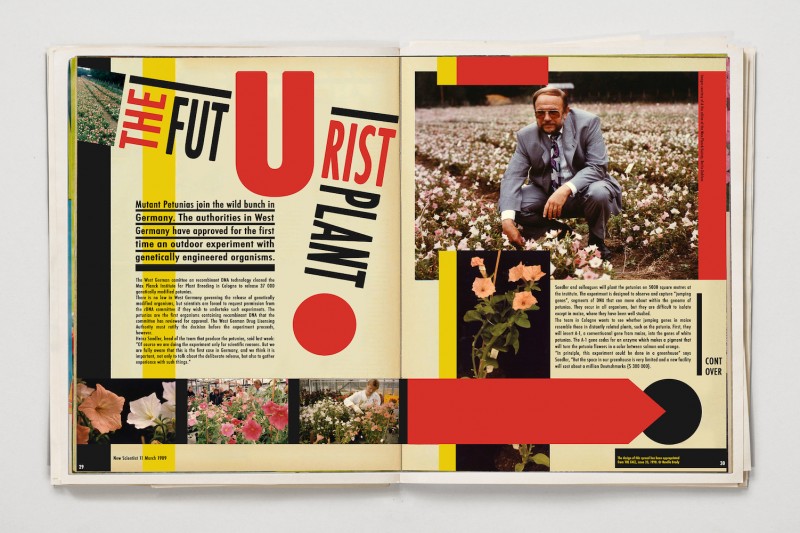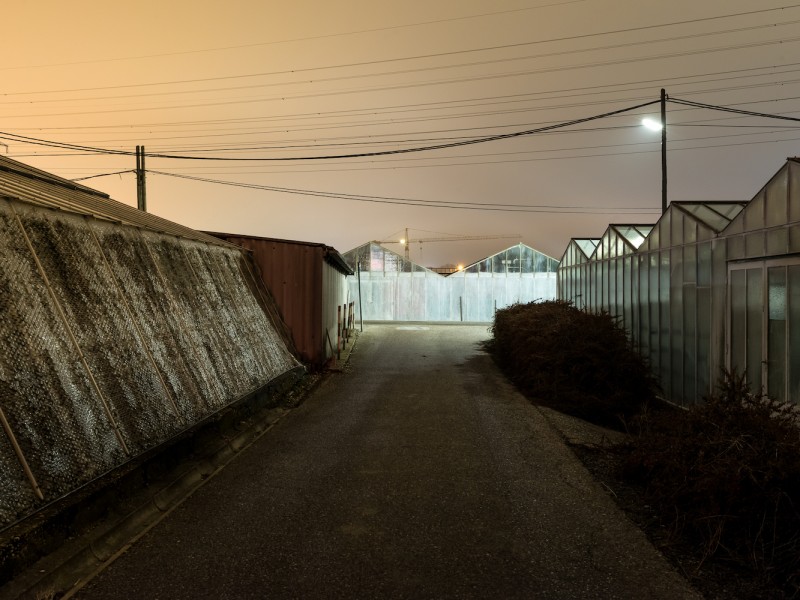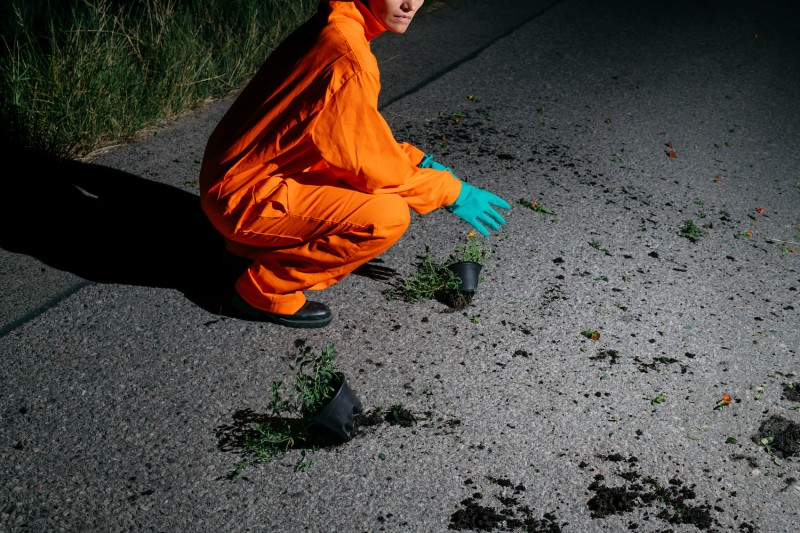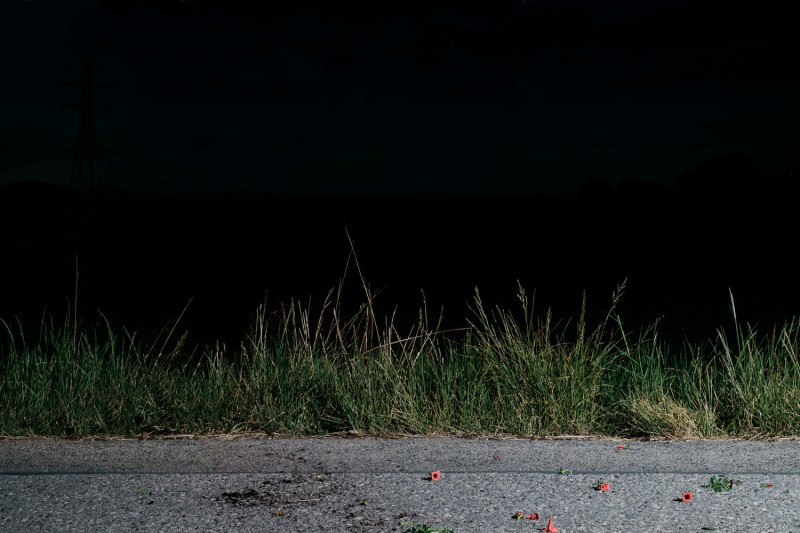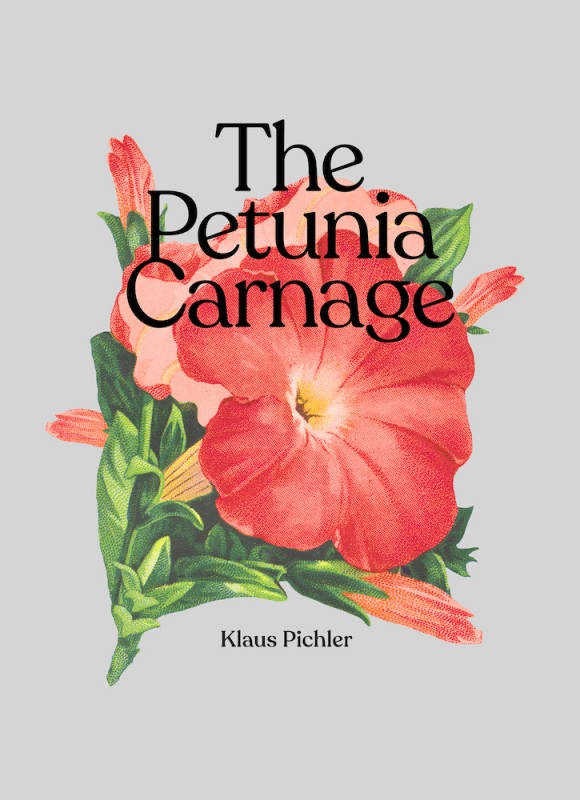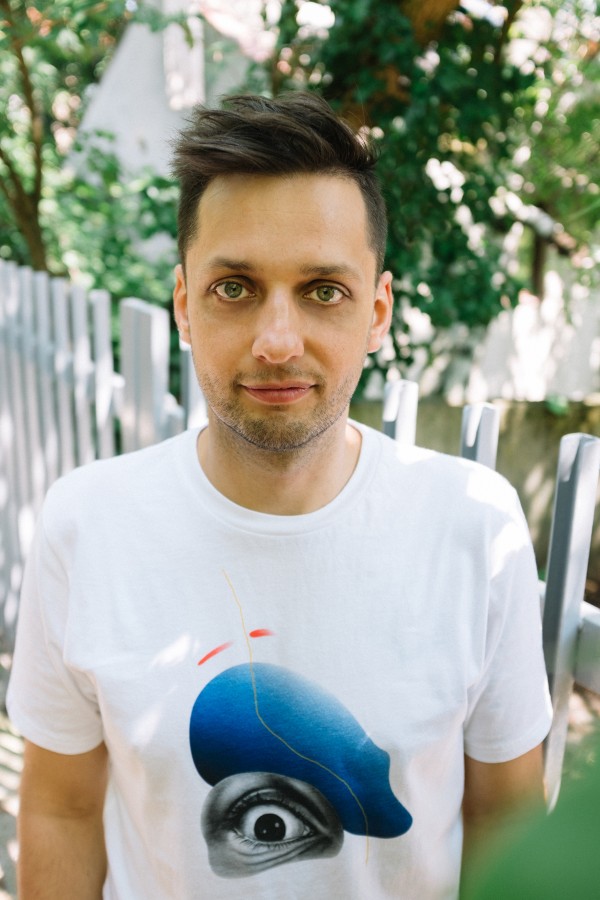Book of the Month: The Petunia Carnage
Book of the Month: The Petunia Carnage
Klaus Pichler
March 22, 2022
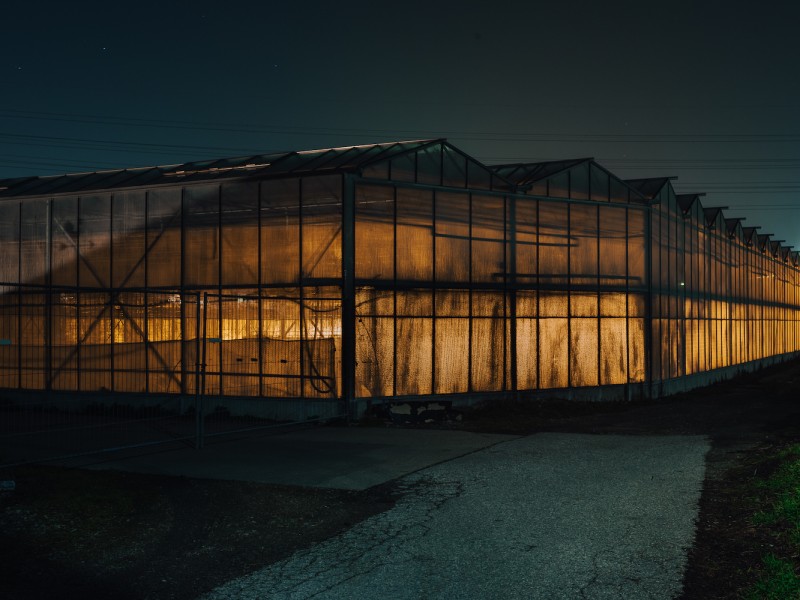
It all began in 2015, with a chance discovery made by the Finnish plant expert Teemu Teeri: he noticed orange-coloured petunias in a flowerbed at the Helsinki train station. While most passers-by would not consider this particularly surprising, he knew it had significance. He took a sample of the orange petunia to study it in his laboratory. There, DNA testing revealed that it had a transgenic origin. Then he remembered a controversial experiment carried out at the Max Planck Institute in Cologne, in the 1990s, where a gene sequence from corn had been introduced into white petunias – resulting in orange flowers. Those experimental plants were supposed to be strictly limited to laboratory research – so how did they mysteriously appear in a public space? The answer to that question was never clarified, but Teeri's discovery had consequences. Research showed that orange-coloured petunias had been available on the market for a long time. An international recall was launched, resulting in the US Department of Agriculture finally declaring that all transgenic petunia varieties must be destroyed.
The so-called “petunia crisis” recall was supposed to ensure the disappearance of all types of orange-coloured petunias worldwide; this caused 30 million euros in damages in the EU alone. It has since been established that all types of orange-coloured petunias available on the market (143 different strains have been identified so far) are connected to the experiment that took place in Cologne in the nineties. “In retrospect, the opponents' fears that genetically modified plants would end up in uncontrolled circulation have come true,” Pichler explains. “But the case of the orange petunias can also be seen as the largest unintentional attempt at releasing transgenic plants worldwide - without any proof that they were dominant or dangerous in the more than 25 years to follow.”
Fortunately, Pichler's wonderfully-designed book is anything but a dull scientific dissertation. The photographer took some years preparing the publication, collaborating with all the actors involved, studying archive materials, and, ultimately, complementing the picture series with fictitious elements. The outcome is a multi-faceted, fascinating and often humorous tale; yet it always comes back to basic scientific questions and their ethical limitations. However harmless the existence of a forbidden colour for certain ornamental plants may seem, the potential for nature, biotechnology and its consequences must be considered.
That is not the end of the story, however: last year, following a court case filed by a German flower producer, the US Department of Agriculture approved the production of transgenic petunias. In addition to a place on the bookshelf, it is very possible that the orange-coloured petunia will soon be found gracing flowerbeds, once more. (Ulrich Rüter)
Klaus Pichler: The Petunia Carnage
with texts by Klaus Pichler, designed by Roland Hörmann.
108 pages, 90 colour pictures, 21.5 x 27.5 cm, English. Self-published (limited to 350 copies)
All images on this page: © Klaus Pichler
Klaus Pichler+-
Klaus Pichler was born in Vienna in 1977. From 1996 to 2005, he studied at the University of Natural Resources and Life Sciences (BOKU) in Vienna. Since then, he has been working as a freelance photographer. He has had a number of solo and group exhibitions. His mostly self-published books deal with exciting socio-political and cultural phenomena, and include: This will change your life forever (2017), Golden Days Before They End (Edition Patrick Frey 2016), Dust (2015), Just the two of us (2014) and Fürs Leben gezeichnet (Marked for life, Fotohof Edition 2011). Pichler lives in Vienna. More

